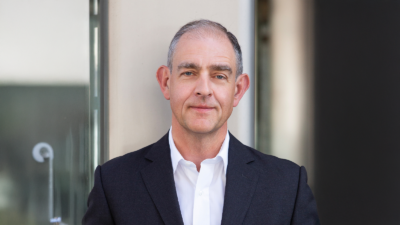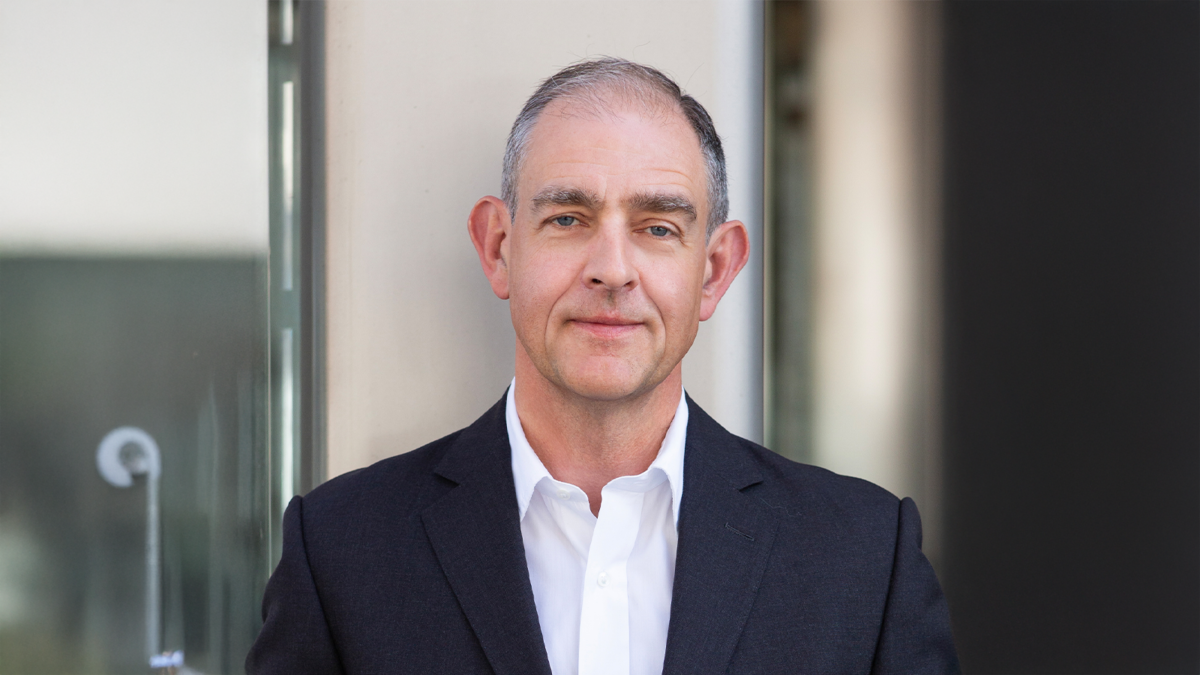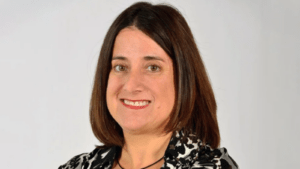Why women will get 95 per cent of the US$54 trillion spousal wealth transfer
Women are set to receive the lion’s share of the great wealth transfer over the next quarter of a century, as the wealthy boomer and Gen X generations leave familial bequeathments on a scale never seen before.
According to US advice and investment firm Cerulli Associates, US$124 trillion will pass hands through to 2048, with the largest half of that going to the descendants of deceased individuals.
The other $54 trillion of that capital will to the surviving spouses of deceased individuals, Cerulli says. Due to the longer life expectancy of women – a prevalence seen virtually the world over – it’s expected that an incredible 95 per cent of that $54 trillion will go to widows.
“As women are statistically more likely to outlive their husbands, Cerulli projects that control of nearly $40 trillion in wealth will be first transferred ‘horizontally’ to widowed women in the Baby Boomer and older generations between 2024 and 2048 (with $21 trillion of that moving between spouses who are currently considered high net worth, defined as those having $5 million or more in investable assets),” the research firm states in its US High-Net-Worth and Ultra-High-Net-Worth Markets 2024 report. “Meanwhile, women in younger generations are expected to receive $47 trillion of wealth that is transferred intergenerationally.”
This transfer will create a “massive need”, the report continues, for providers across financial planning and asset management to address.
“When husbands pass away before their wives, finances are understandably the last thing the surviving spouse wants to think about,” says Chayce Horton, Cerulli Associates senior analyst (pictured). “This is why Cerulli recommends establishing relationships with all members of the client household as early as possible in the client lifecycle.”
For advisers, the continuation of client retention through wealth transfers is an integral part of maintaining business health. Cerulli reports that 90 per cent of advisers involve client partners in the financial planning process, which makes the process of engaging with widowed spouses about financial issues easier to initiate and manage. It also facilitates more likely retention of client capital.
But involving the spouses of clients is only the start, Cerulli explains, a point from which trust can begin to be engendered. That trust is the holy grail of keeping clients through wealth transfer.
“For advisers, ensuring the strength and trust of that relationship in advance is key, as relationships are significantly more important for adviser choice among women investors (53 per cent) than it is for men (42 per cent).
The shift in wealth to women might also predicate the need for a great slate of services.
“Beyond establishing trusting and lasting relationships, women investors also have different advisory preferences and product needs,” the report states. “For instance, Cerulli data shows that women are much more likely than men to prefer that advisers lead with financial planning and other strategies rather than investments. HNW women also tend to be more inclined than men to prioritise philanthropic and sustainability goals. This further solidifies Cerulli’s thesis that adding an expansive service menu can provide a multitude of benefits.”











